mtumishi
A centralized web ain’t worth fighting for.
- 54 Posts
- 62 Comments

 1·2 years ago
1·2 years agoWhat a great thing it is, to entertain an idea without necessarily accepting it.

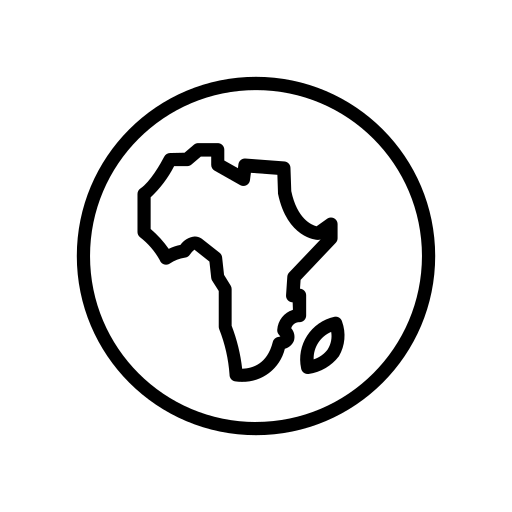 2·3 years ago
2·3 years agoThe UCI has not yet responded to a request for comment, but a Home Office spokesperson said: “We do not routinely comment on individual cases. All visa applications are carefully considered on their individual merits in line with the immigration rules,” adding: “We have been working closely with organisers to ensure that participants of this event are clear on the visa application process and timelines.”
Give them Visas on arrival. They sure will cycle/arrive early. That is if they need visas.
Hello. The horrible loss of life in this crisis is clear for all to see. Even though there is so much confusion on what is coming out of Ukraine, I wonder what is really the situation of government control like. Is the Ukrainian government controlling major areas or is the Russian army having an upper hand?

 2·4 years ago
2·4 years agoA perspective about NSO that I find important but not usually covered is how their success is related to centralized mobile phone operating software. One vulnerability exposes billions of devices. Perhaps if we had FOSS mobile OS options as mainstream installations, it would not be as easy for these companies to hack almost anybody at once.
For now, paying for a VPS is relatively affordable. But as was noted elsewhere, moderation is the real cost. Last week’s terrible antisemitism and racist trolling and spam is a case in point. It led me to raise signup effort (registration application etc). That has kind of eliminated local-instance spam by 99% and the random ones are from existing users, who we kick out as they post spam stuff.
The main problem now is in federating with instances that can be hijacked by such trolls and have their content propagated all over. Nothing we can do about that in so far as we want to maintain existing federation bonds. The moderation cost is still significant as we have to take them down manually.
In the end, I think this is an ideal set up for our instance. We are not after numbers. In fact, we want to have a small number of users as a sustainable path, and hopefully support other individuals and organizations spin up their instances.

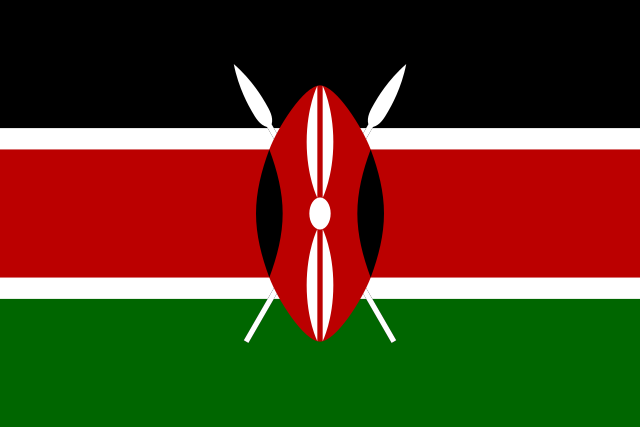 1·4 years ago
1·4 years agoDoes the proximity mothers have with children at the formative age (0-15) compared to the time they have with their fathers (if they are present in their lives) explain this variation? Or it is just that mothers are more likely to be easier to support than fathers?

 4·4 years ago
4·4 years agoAfter upgrading to 0.15.1, I activated the signup form. I haven’t had to deal with the daily trolls. Not ideal but it helps.
Last night, Burkina Faso defence minister denies rumours President Kabore has been detained

 1·4 years ago
1·4 years agoI like the app. Good work on the tutorials and it feels overall like a well done package.
I have been to two cities in West Africa: Lagos and Dakar. My experience was no different from other parts like SouthErn Africa and The Horn.
On to financing the project. They need to find $1B to get the project done and I wonder whether this was a tactical move to build confidence on their credibility while fundraising.
Question 1 - yes, ansible is run on your local machine.
Hey - just checking in. How is this “news”? Is it because Ukraine is in the news?
This is very interesting. Now I wonder if my mind thinks best about code in native language or the language I first encountered code in.

 5·4 years ago
5·4 years agoLemmy. Fairly obvious why.

 3·4 years ago
3·4 years agoVery interesting read. Supplement this with James Scott’s State Simplifications: Nature, Space and People
https://onlinelibrary.wiley.com/doi/10.1111/j.1467-9760.1995.tb00035.x

 18·4 years ago
18·4 years agoReal name policy (goverment issued ID and such stuff).
















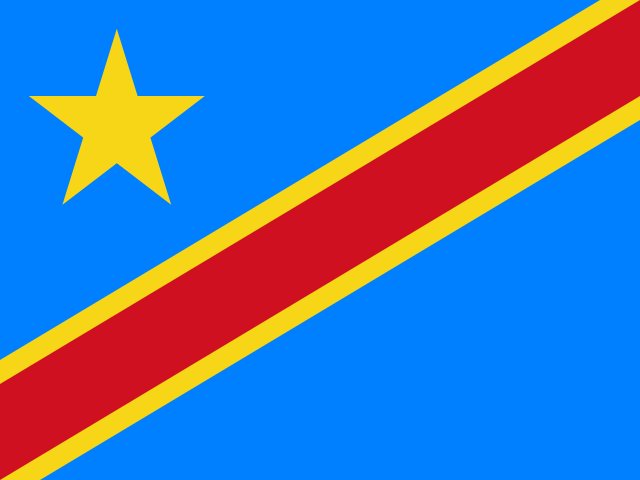



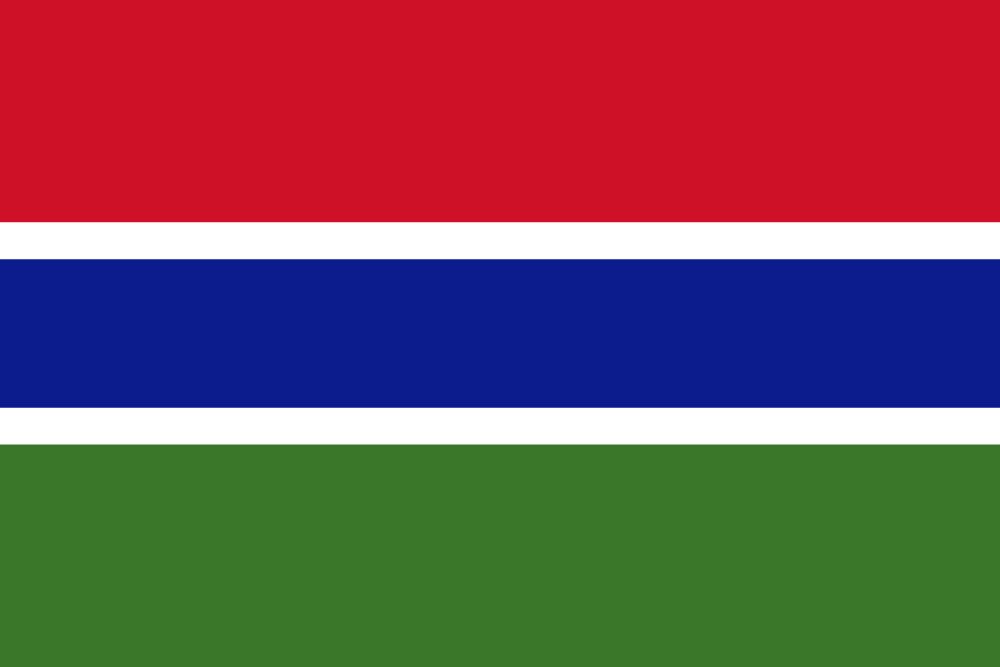








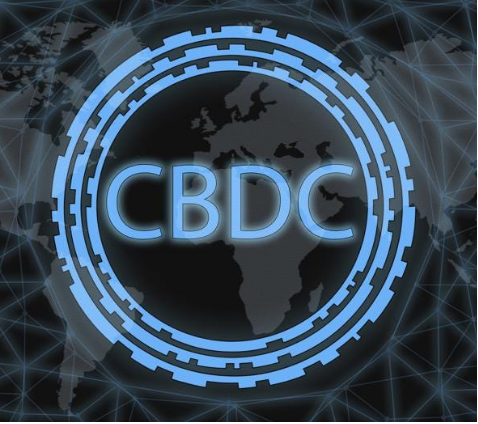
Are there reasonably okay options to paying digitally without the surveillance part (or at least less of it as compared to credit cards?) Blockchain is a nonstarter due to the practical limitations in sustaining proof of work and stake.